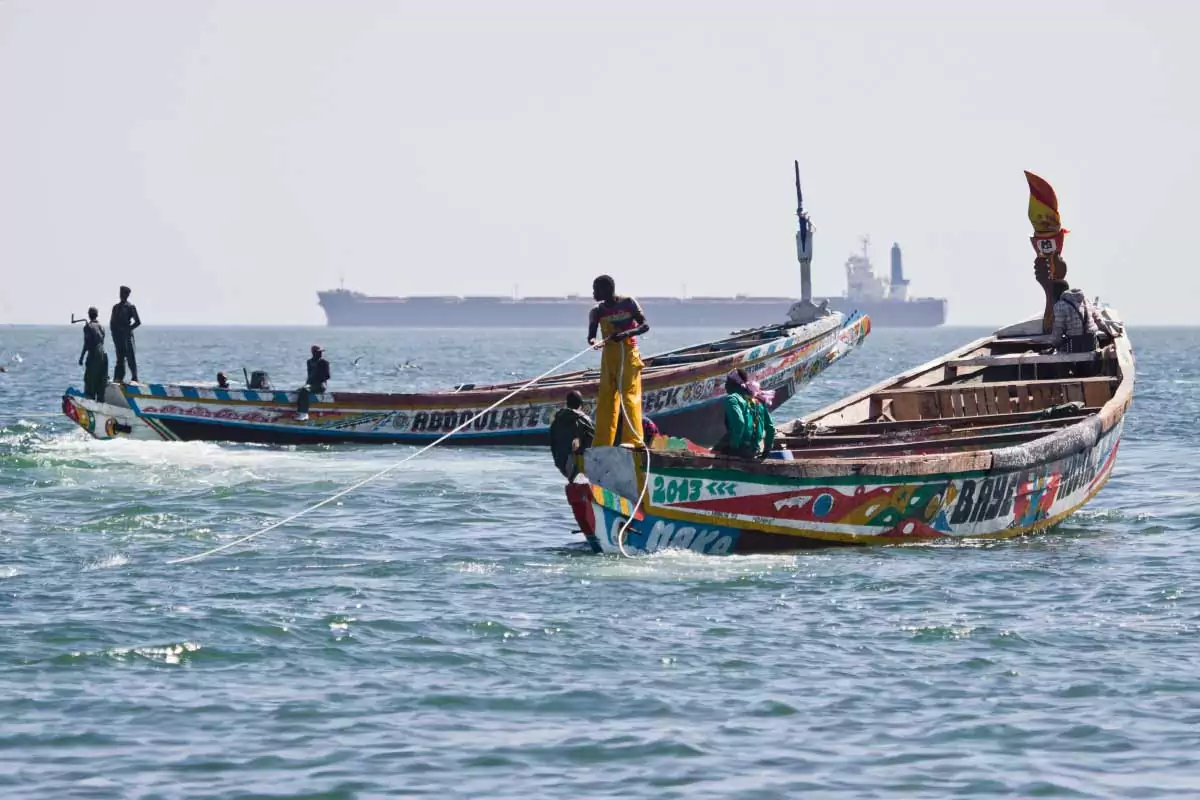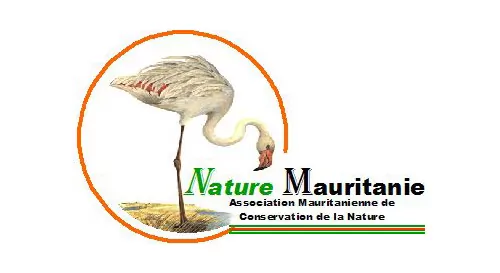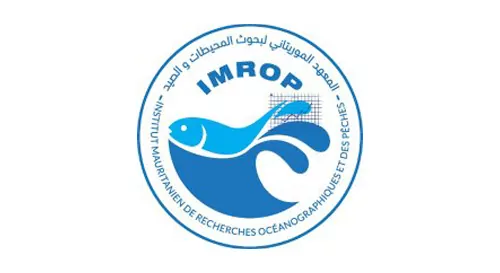The ocean along the Mauritanian coast is home to the largest cold-water coral reef in the world and many vulnerable marine areas, like the Banc d’Arguin National Park, Africa’s largest marine protected area. The biodiversity hotspots coincide with prime fishing grounds for international fleets and emerging oil and gas development. Open sea and coastal sea systems are studied separately, and access to existing data in Mauritania is very limited for local stakeholders, the public and even the scientific community. WASP addressed the need for marine biodiversity data and strengthened national knowledge infrastructure by developing an inventory of marine species and a biodiversity reference collection for the sustainable management of Mauritania’s marine and coastal biodiversity. The project also developed concepts of marine protected areas in Mauritania’s special economic zone, with a special focus on the role of cold-water coral reefs as essential fish habitats on the continental slope.




